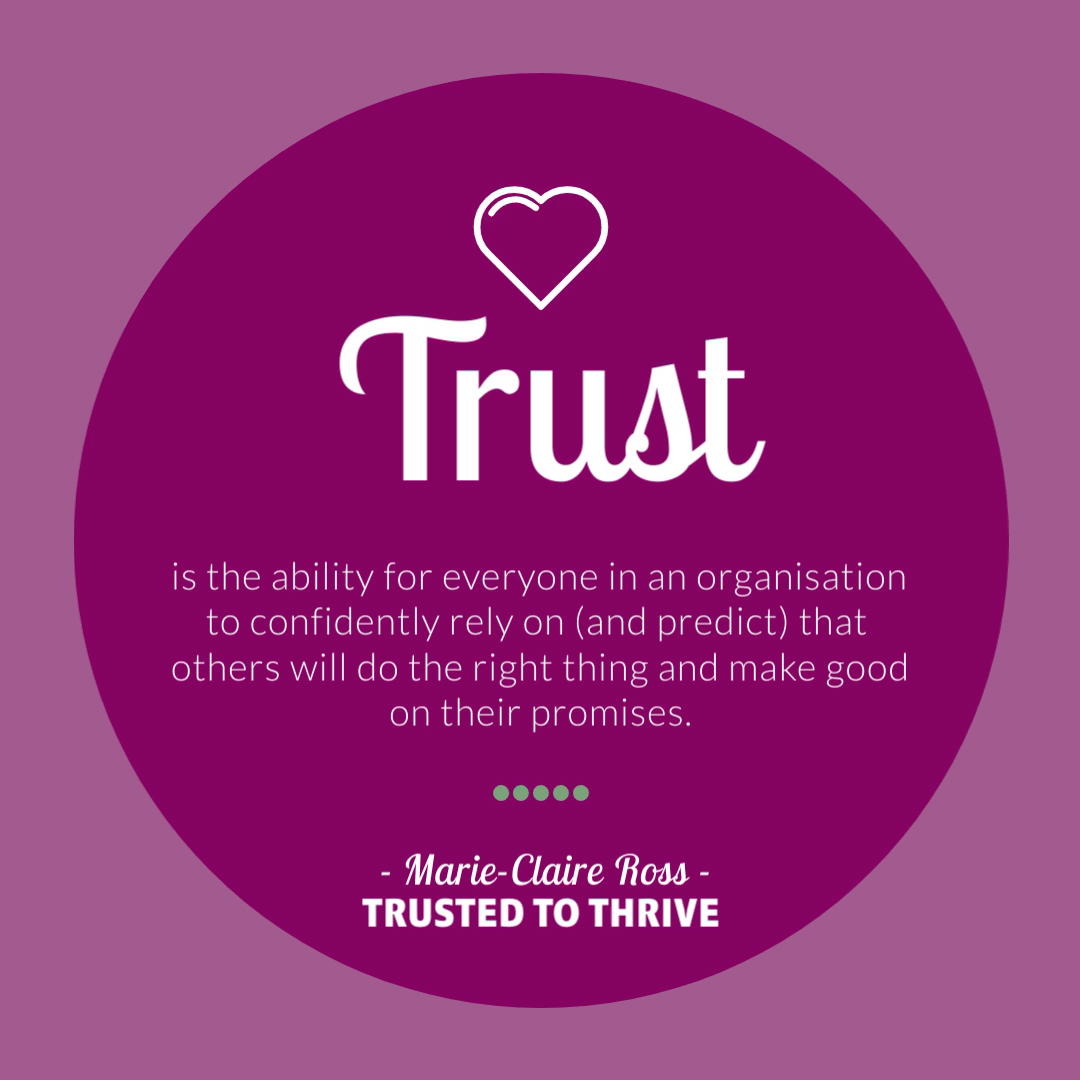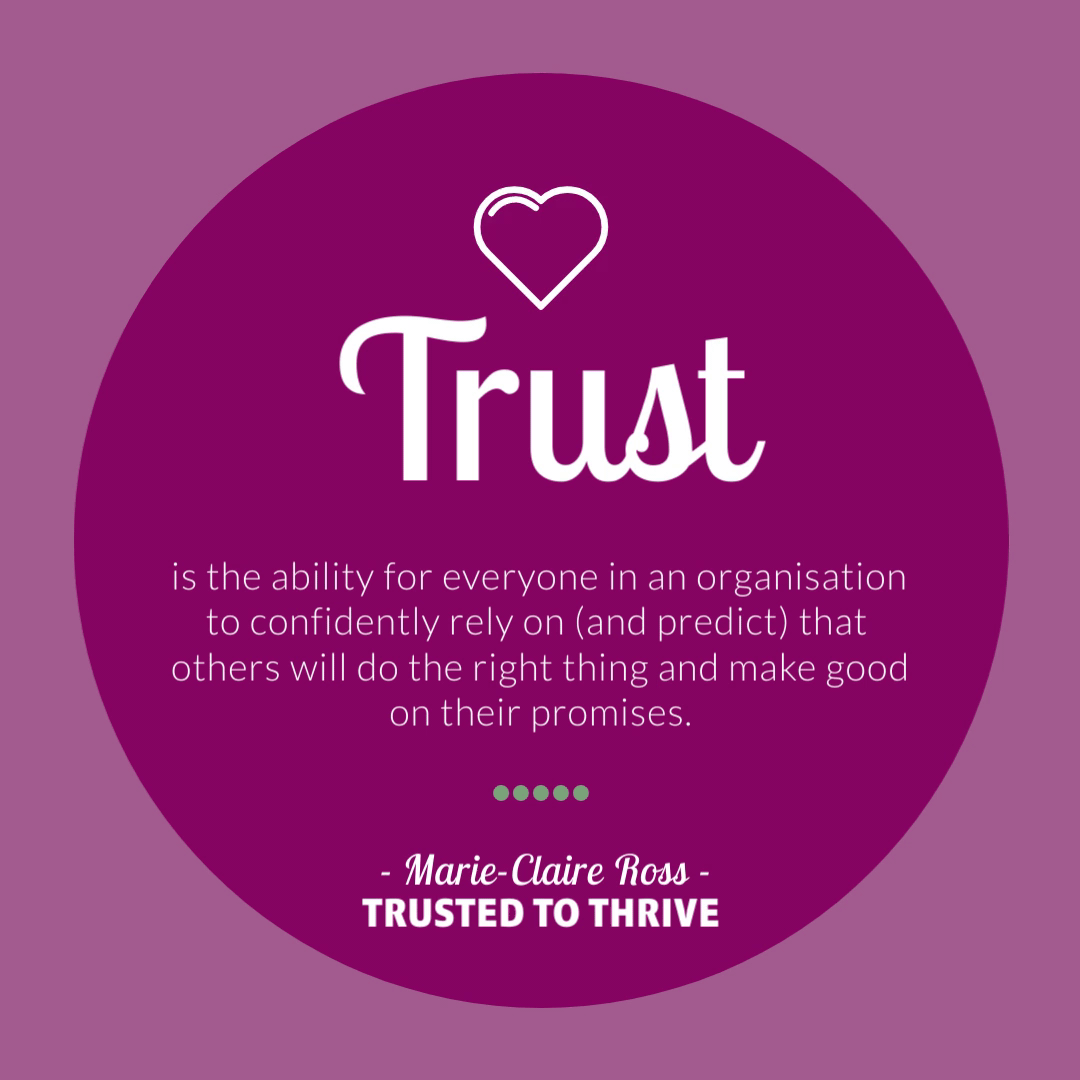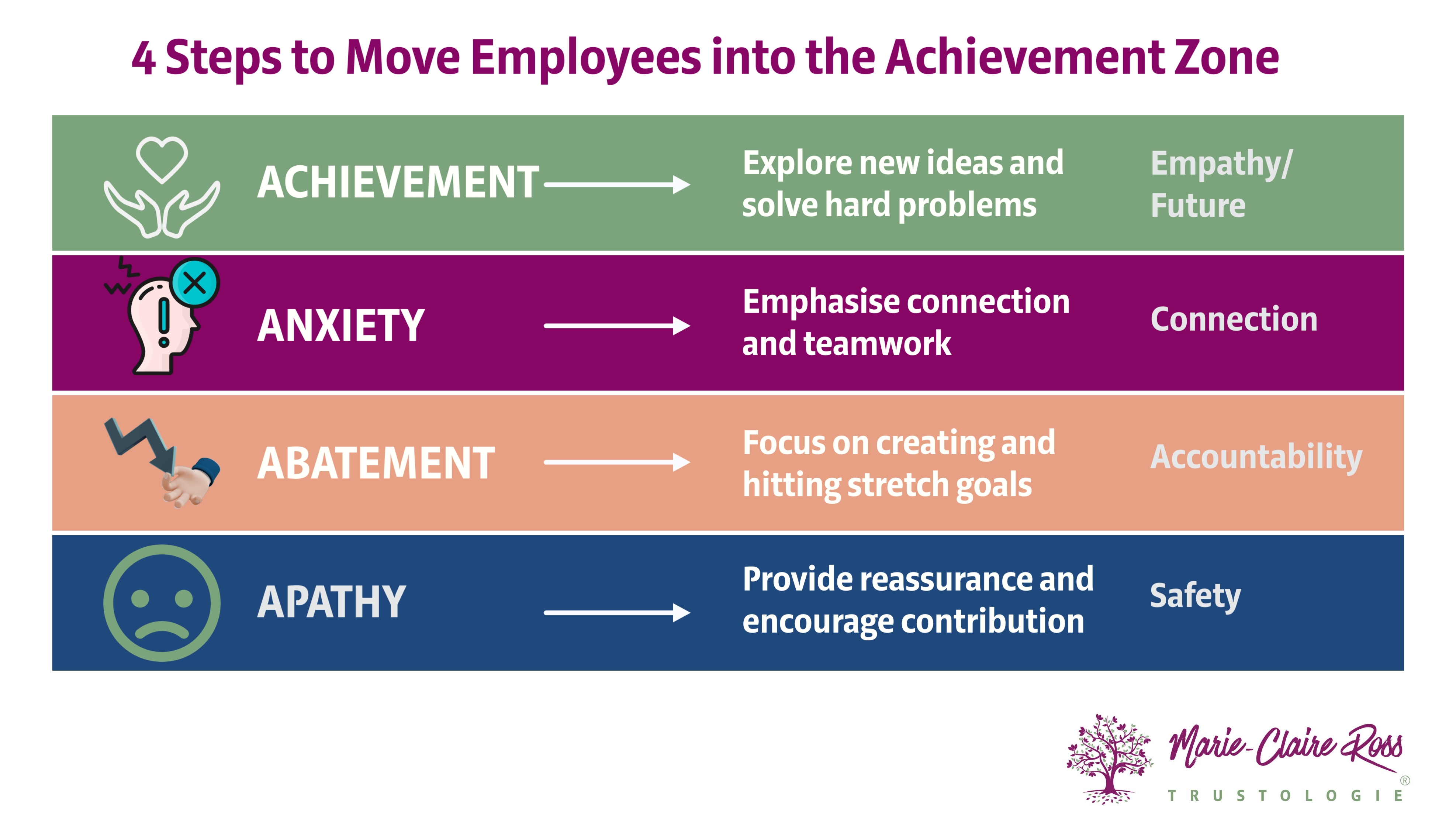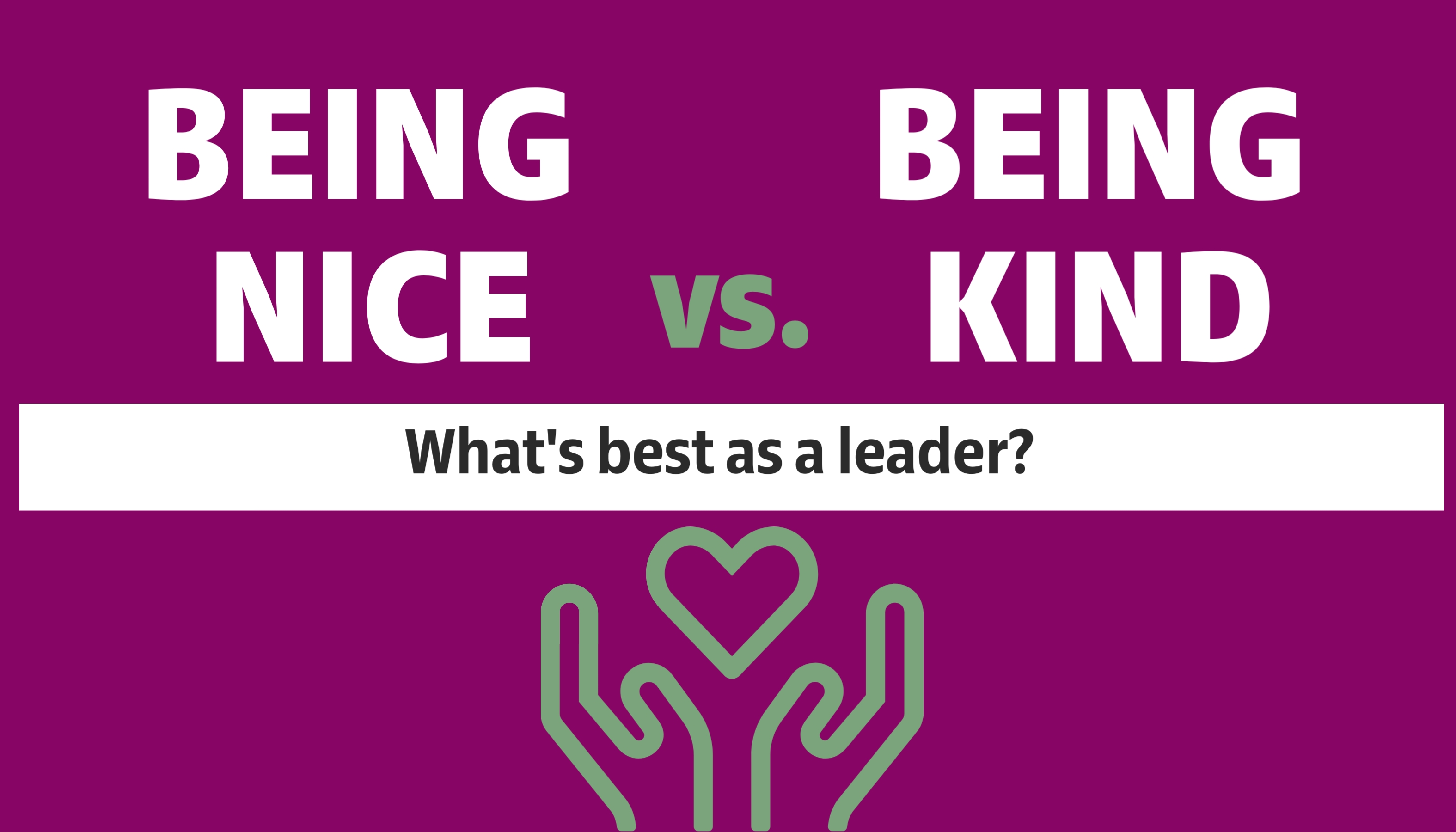11 min read
4 Practical Strategies for Better Emotional Management in the Workplace
I have a friend who often finds herself at the mercy of her emotions. Recently, she called me to rehash a confrontation she’d had with a group of...
Develop leaders, strengthen executive teams and gain deep insights with assessments designed to accelerate trust and performance.

Transform how your leaders think and perform with keynotes that spark connection, trust and high-performance cultures.

Explore practical tools, thought-leadership and resources to help you build trusted, high-performing teams.

Trustologie® is a leadership development consultancy founded by Marie-Claire Ross, specialising in helping executives and managers build high-trust, high-performing teams.

4 min read
Marie-Claire Ross : Updated on January 25, 2026

Trust may be a small word, but it is incredibly complex. It means different things to different people. How we see trust is based on our life experiences, beliefs, values, the context we find ourselves in and our personality traits.
When I ask a group of leaders what they believe trust means, I often receive responses ranging from “personal freedom”, “right intent”, “personal safety” right through to “a bubble or an environment that employees don’t want to break.” These answers are right for some and wrong for others. What trust means or whether it is present varies greatly person to person.
This is why improving trust in a workplace can be difficult. Everyone has their own belief about what trust is. The issue is that you can’t build trust if you don’t have a reference point for what it means to the organisation as a whole.
Through my work in organisations, what I have found is that it's important to align people in a team on one definition of trust that everyone can agree on.
The best definition that I have come up with so far and that I use in my latest book, TRUSTED TO THRIVE: How leaders create connected and accountable teams is:

At its core, workplace trust is the quiet confidence that everyone will make good on their promises.
It isn't something a leader simply "grants" or an employee "earns" in isolation; trust is a shared exchange. It is a two-way street that requires both parties to actively participate in the relationship.
This means trust isn't a top-down directive from the boss or a bottom-up demand from the staff. Instead, it is built through the collaborative process of getting crystal clear on expectations, defining accountabilities, and agreeing on what success looks like and how it will be achieved.
This is in two different ways.
Every organisation consists of a complex network of strategic relationships that coordinate work through making promises to one another. Even if we are talking about 10 or 10,000 employees, people need to rely on each other, in order to exchange information, ideas, services and goods.
This requires clear communication and getting work done on time, to a high standard and within budget.
One of the biggest struggles in any enterprise is getting people and teams to trust each other to get work done right. It’s one thing for other departments to submit work in on time to another department. But it’s another thing altogether that the work is done to specification. Departments are often guilty of submitting substandard work that wastes time for the receiving department who ends up with the burden of undertaking reworks and modifications.
Is it an issue? Yep.
Research by Harvard Business Review reported that only 9% of managers feel that they can rely on cross-functional colleagues all of the time, and only 50% say they can rely on them most of the time. Managers also say they are three times more likely to miss performance commitments because of insufficient support from other units than because of their own team’s failure to deliver.
Of course, the real elephant in the room isn't just getting work done well and in a timely manner. It's how it's done that becomes the big issue that can cause a lot of undiscussed and hidden trust issues.
We all need to feel that the people around us will do the right thing in terms of how they treat us. Trust is judged by communication, interactions and behaviours of those around us.
Employees want to trust that their boss will:
Leaders also need to feel that they can depend upon their subordinates and that they will:
It's one thing to be able to trust that people will do work right and not hurt people in the process. But it's another that you can predict rather accurately that people can be trusted.
Knowing that you can rely on someone when you are not around to watch them is just as critical. Not just for you - but for them. And that's where a lot of trust gets broken. When people don't feel trusted they are more likely to do the wrong thing as retribution for not being trusted. It greats a vicious cycle of distrust that can be hard to fix.
At the same time, we also need to feel that people aren't going to react negatively to us. We can waste a lot of time fearing we will be told off if we have done something differently, said something out of context or made a mistake.
In organisations where trust is high, people are talking about it. They have a trust framework that forms a common language on the dimensions of trust. This helps individuals and teams understand, discuss and practise trust with one another. It means employees have the language to call people out on behaviours that are destroying trust.
This trust definition can help you start to have an open discussion on trust. Share it with your team and ask:
When we all work towards supporting one another and fulfilling our promises - trust flourishes. And that's where magic happens.
If you want more tips to work with your team to build trust, grab a copy of my latest book, Trusted to Thrive: How leaders create connected and accountable teams.

11 min read
I have a friend who often finds herself at the mercy of her emotions. Recently, she called me to rehash a confrontation she’d had with a group of...

9 min read
True leadership presence isn’t a performance or a set of charisma hacks; it is the felt experience of who you are being in the room. By cultivating...

13 min read
As teams return from their summer (or winter) break, you may notice subtle shifts in your team’s energy. Even if the end of year was positive, a new...

One of the interesting things I find when it comes to safety is that some safety professionals (some, not all) like to play bad cop when it comes to...

A common misperception of being a great leader is that you have to be a good person. A nice person.

We've all experienced being at a company speech and feeling our anger grow as the company leader waffled on about a whole lot of stuff we knew...